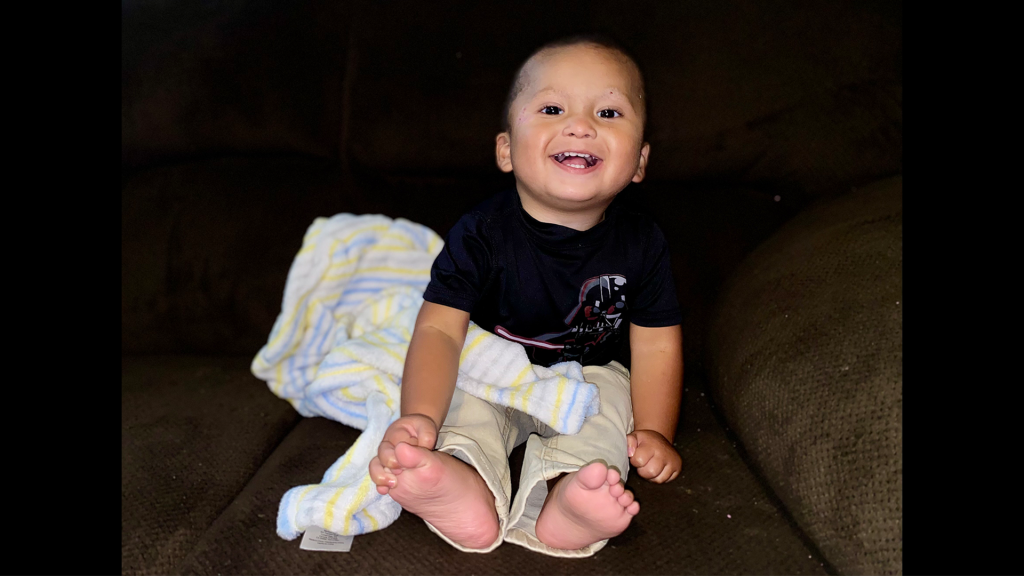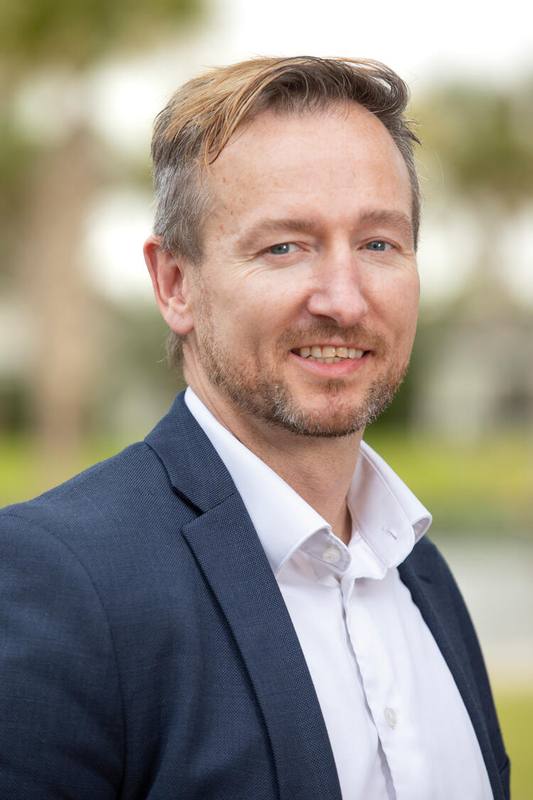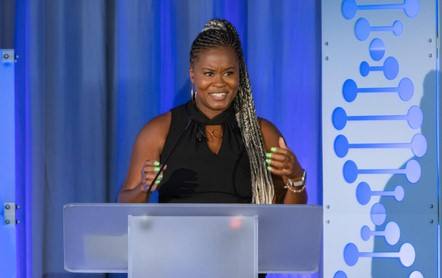-
Individualized Medicine
When diagnosis hits a wall, this global hackathon opens new doors

At the first U.S. 'Undiagnosed Hackathon,' scientists from around the world will team up at Mayo Clinic to solve unsolved medical mysteries.
Young Julian Limon clutches his blanket wherever he goes, a source of comfort during hospital stays, procedures and tests. At 17 months, he has not yet reached walking or talking milestones. His brittle hair and unexplained neurological symptoms compound his challenges. He has endured pneumonia and other respiratory illnesses, and his weak immune system leaves him vulnerable. Despite extensive evaluations and genetic testing, Julian's condition remains a mystery.
This September, Julian's family will travel to Mayo Clinic in Minnesota to take part in the Undiagnosed Hackathon, a global effort to solve rare diseases that have long gone unexplained.
The Hackathon was inspired by Helene and Mikk Cederroth, founders of the Wilhelm Foundation, who lost two young sons and a daughter to an undiagnosed condition. Their grief became a call to action. Over the past two decades, they've built a global network of scientists, clinicians and advocates committed to finding answers.
An unprecedented collaboration
Over three days at Mayo Clinic, more than 125 scientists, clinicians and AI experts will gather for the first U.S.-based Undiagnosed Hackathon. They will come from 30 countries across six continents. Their goal: to uncover answers for Julian and 28 others whose conditions have eluded diagnosis.
Having families in person at the Hackathon allows researchers to observe traits and ask questions that data alone can't capture.

"If you put a molecular biologist next to a bioinformatician next to a clinician who have come from different parts of the world, each will bring a unique lens to the same investigation shaped by their training and lived experience," Dr. Klee says. "That's how breakthroughs happen."
Unlocking hidden clues with advanced tools
Among the international team are Mayo Clinic's Dr. Cherisse Marcou, assistant professor and co-director of the Clinical Genomics laboratory, and Dr. Eric Klee, the Everett J. and Jane M. Hauck Midwest Associate Director of Research and Innovation. After participating in last year’s Undiagnosed Hackathon in the Netherlands, they return with momentum to co-lead this year’s event.
Working with global colleagues, they’ll explore DNA, RNA and other signals using tools that reveal what standard tests can miss. This includes examining long DNA stretches, studying RNA to see which genes are active and identifying chemical changes that turn genes on or off — a process called methylation.
This complex approach, known as omics, combines layers of biological information to better understand how the body works and why disease occurs. Bringing multiple omics together is more like a moving picture than a still photo, where hidden patterns emerge. Artificial intelligence will help scientists integrate these layers and interpret the results.
Breaking silos to spark breakthroughs

"I come from a place where many families are not afforded the access to the latest and greatest diagnostic testing options in their diagnostic journey," Dr. Marcou says. "To be part of something that brings hope worldwide is deeply personal."
The idea behind the Hackathon is bringing people together who might not otherwise work side by side.
"If you put a molecular biologist next to a bioinformatician next to a clinician who have come from different parts of the world, each will bring a unique lens to the same investigation shaped by their training and lived experience," Dr. Klee says. "That's how breakthroughs happen."
Fueled by passion, and personal connection
Now in its third year, the Hackathon has become a global engine for rare disease discovery. The Cederroths have co-led every one.
"They've poured their lives into this mission," Dr. Marcou says. "Their energy is transformative. You leave the Hackathon changed."
For Dr. Marcou, the work is personal. She grew up in the Bahamas, where access to advanced diagnostics is limited.
"I come from a place where many families are not afforded the access to the latest and greatest diagnostic testing options in their diagnostic journey," she says. "To be part of something that brings hope worldwide is deeply personal."
Dr. Marcou clinically interprets and decodes genomic data to deliver real-time insights for patients every day and has been involved in the development of AI tools at Mayo Clinic to advance this work. Dr. Klee, a leader in rare disease research, is building the Research Data Atlas to accelerate discoveries by unifying Mayo Clinic's extensive research data.
Hope for families, and ripple effects worldwide
The Hackathon's goal is ambitious: solve as many cases as possible. Last year, 10 of 26 participants received diagnoses, with promising leads for nine more. One person's diagnosis can also unlock recognition, testing and potential treatment options for others with the same condition.
"Our ultimate goal is to find answers for all our participants. That said, if we can find an answer for even one person, that would be amazing. If we find answers for 10 or 12 participants, that would be incredible," Dr. Klee says. "And for the participants where a clear answer eludes us, we hope to find strong leads that guide future research and testing for others."
The Hackathon doesn't end when the event does. The findings must be clinically confirmed before they become diagnoses. For those who receive answers, the next goal is treatment, if one exists. For cases that remain unsolved, the work continues.
It's also a powerful exchange of knowledge. Collaborators from places with fewer resources gain exposure to advanced techniques, while all experts have the opportunity to learn new approaches from those working alongside them.
"It's peer-to-peer learning at its best," Dr. Marcou says. "We're all better for it."
Julian's diagnostic journey
Even after long days of doctor visits and tests, Julian still breaks into bright smiles. He is working with physical therapists to build strength as his family continues to hope for a diagnosis.
"I feel incredibly grateful that we'll have so many experts looking closely at Julian," says his mother, Jasmine Limon. "I just want to know what we're facing so we can give him the best possible care."
At its heart, the Hackathon is where some of the world's brightest minds gather around families like Julian's, determined to give all they can and to open new doors in medicine.







